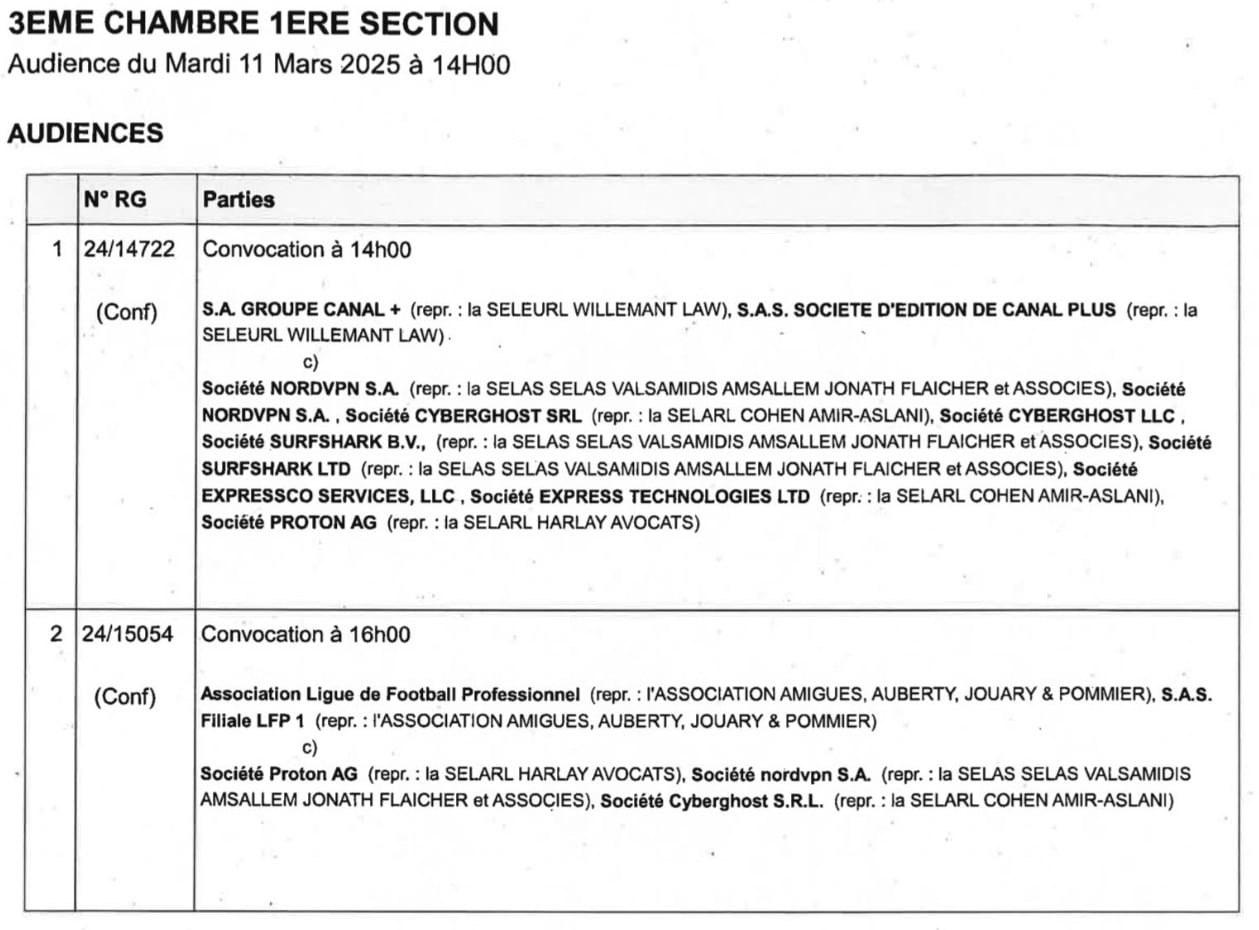 Copyright holders see pirate site blocking as an effective and proportional anti-piracy measure.
Copyright holders see pirate site blocking as an effective and proportional anti-piracy measure.
Over the years, courts and lawmakers in dozens of countries have agreed, resulting in a patchwork of blocking regimes around the globe.
Initially, these efforts focused on residential ISPs as the key intermediaries. While these companies were not blamed directly, they were the go-to parties to implement blocking. But as time went on, that wasn’t enough.
More recently, DNS resolvers have been targeted with blocking orders. Since services such as Cloudflare, Google and OpenDNS, can be used to bypass ISP blocking efforts, courts in Germany and France have determined that DNS resolvers should take responsibility too.
Piracy blocking through DNS resolvers could expand further still since the U.S. FADPA bill, if approved, covers DNS blocking by default. That would be a breakthrough, but it wouldn’t necessarily mean the end of blocking expansion.
Next Target: VPN Providers
After courts granted injunctions against DNS resolvers in France, rightsholders lined up VPN providers as their next target. As reported last week, sports rightsholders Canal+ and LFP requested blocking injunctions that would require popular VPNs to start blocking pirate sites and services.
The full requests are not public, but the details available show that Cyberghost, ExpressVPN, NordVPN, ProtonVPN, and Surfshark are listed as respondents.

The injunction request has yet to be approved. A hearing scheduled for next month will give both sides have a chance to have their say but based on early responses, the VPN providers are planning to fight this issue tooth and nail.
Threatening Internet Freedom
Soon after the news broke, the VPN Trust Initiative (VTI), which represents ExpressVPN, NordVPN and Surfshark, among others, was quick to dismiss the blocking request. VTI said that its members oppose any illegal activities on their networks but will rally against site blocking.
“Imposing blocking on VPNs in France risks significant overreach, where legitimate and non-infringing content can be summarily cut off. This raises alarms about unjustly limiting individuals’ rights to freedom of information and expression.
“Given VPNs do not actually host content, it is misguided and disproportionate to block access to the entirety of these tools that have many proven additional benefits to end users,” VTI added.
The VPN Trust Initiative is urging rightsholders to reconsider their approach. Instead of focusing on intermediaries, they should go after pirate services directly and find ways for stakeholders to ‘collaborate’ without compromising privacy and security.
ProtonVPN Rebukes Piracy Blocking Push
ProtonVPN took longer to respond, but in a detailed response issued a few hours ago, it vehemently opposes the push for a blocking injunction.
According to the Swiss company, the request sacrifices online freedom for corporate interests. Instead of going after intermediaries, Canal+ and LFP should target pirate services directly.
“This case is unprecedented in Western societies and represents a dangerous attack on internet freedom on the altar of corporate greed,” ProtonVPN says.
“If we acknowledge that the fight against piracy is legitimate, the case should be tackling illegal IPTV services, not providers that allow secure and private browsing to millions of people worldwide,” the VPN provider adds.
Implementing piracy blocking would require major changes, according to ProtonVPN, and would ultimately undermine users’ privacy while paving the way for more ‘dangerous attacks’ on privacy and free speech.
Meanwhile, these blocking measures won’t be bulletproof. On the contrary, they may result in people using more dubious VPNs that fall outside the scope of French jurisdiction.
“Moreover, censoring a single VPN service — or even dozens of them — will not prevent people from downloading a VPN from some other country, with the security and privacy risks it represents, that doesn’t acknowledge French jurisdiction.”
European Court of Justice
With their blocking request, Canal+ and LFP Media are crossing a red line, ProtonVPN says. Similar to the other VPN companies, the Swiss provider plans to oppose the injunction request in court.
Even if the French court sides with rightsholders, this matter is unlikely to be resolved. If necessary, ProtonVPN is prepared to take this case all the way to Europe’s highest court and will likely find other VPNs on its side.
“[Canal+ and LFP Media] are carrying out a plain sight raid on users’ online freedom for their own commercial interests. Proton is determined to fight this lawsuit up to the European Court of Justice,” the company concludes.
From: TF, for the latest news on copyright battles, piracy and more.
Powered by WPeMatico
